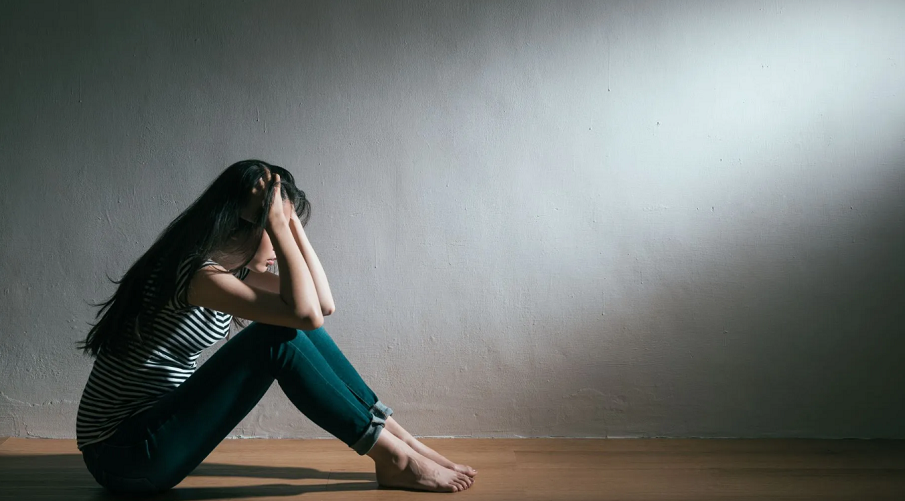Clinical depression, also known as Major Depressive Disorder (MDD), is a more severe and persistent form of depression that can have a significant impact on a person’s life.
It is a mental health condition that affects a person’s mood, thoughts, and behavior and is characterized by feelings of sadness, hopelessness, and a loss of interest in activities.
To be diagnosed with clinical depression, a person must experience symptoms for at least two weeks, and the symptoms must be severe enough to interfere with daily life.
Everything You Need to Know About Clinical Depression:

What are The Main Symptoms of Clinical Depression?
The most common symptoms of clinical depression include…
Persistent feelings of sadness, emptiness, or hopelessness:
This symptom refers to feeling consistently sad or down for an extended period of time. It may feel like a heavy weight that is difficult to shake off.
Loss of interest or pleasure in activities once enjoyed:
This symptom refers to a decrease or complete lack of enjoyment in activities that were previously enjoyable. Hobbies, social activities, and even daily tasks may feel less interesting or worthwhile.
Fatigue or lack of energy:
This symptom can manifest as feelings of exhaustion or a lack of motivation. Tasks that were once easy or manageable may feel much more difficult to complete.
Changes in appetite or weight:
This symptom can include a significant increase or decrease in appetite and can lead to weight gain or weight loss.
Difficulty sleeping or sleeping too much:
This symptom can include difficulty falling asleep, staying asleep, or waking up too early in the morning. Alternatively, some people with depression may sleep excessively and still feel tired.
Restlessness or slowed movements:
This symptom can manifest as feeling agitated and restless or feeling slowed down and lethargic.
Difficulty concentrating or making decisions:
This symptom can make it difficult to focus on tasks or make decisions, leading to a decrease in productivity and performance.
Feelings of worthlessness or guilt:
This symptom can involve feeling like a burden to others or feeling responsible for things outside of one’s control. This can lead to a decrease in self esteem and confidence.
Recurring thoughts of death or suicide:
Recurring thoughts of death or suicide can be a symptom of various mental health conditions such as depression, anxiety, bipolar disorder, post traumatic stress disorder (PTSD), and borderline personality disorder.
These thoughts may be intrusive and persistent and can significantly impact an individual’s daily life and well being.
It is crucial to seek immediate help if you or someone you know is experiencing recurring thoughts of death or suicide.
This can include reaching out to a mental health professional, contacting a crisis hotline, or going to an emergency room.
What are The Main Causes and Treatments of Clinical Depression?
There are many possible causes of clinical depression, including genetics, brain chemistry, environmental factors, and life events such as trauma or loss.
Treatment for clinical depression typically includes a combination of medication and psychotherapy, with a focus on identifying and addressing the underlying causes of the depression.
It is important for anyone who is experiencing symptoms of depression, including clinical depression, to seek professional help from a mental health provider.
With proper treatment, many people with clinical depression are able to manage their symptoms and lead fulfilling lives.
Clinical depression is a serious mental health disorder that affects over 300 million people worldwide every year, however, it can be treated with proper medical care and support from family members and friends.
If you think someone you know might be struggling with this condition, then it’s important to pay attention to any changes in behavior or physical appearance so that they can get the help they need right away before the condition becomes worse over time.
With appropriate treatment and support networks in place, many individuals living with clinical depression are able to lead happy lives free from its debilitating symptoms!






